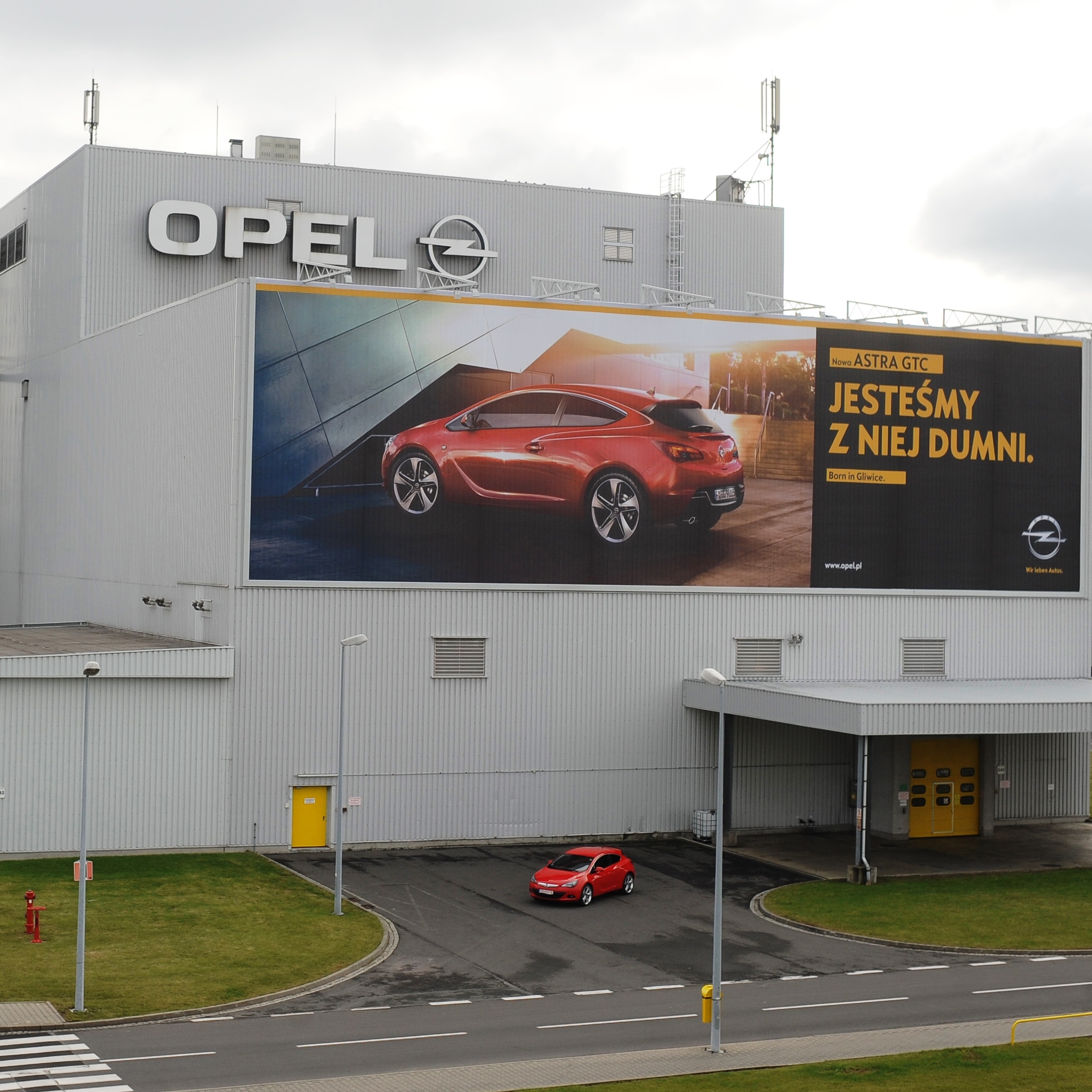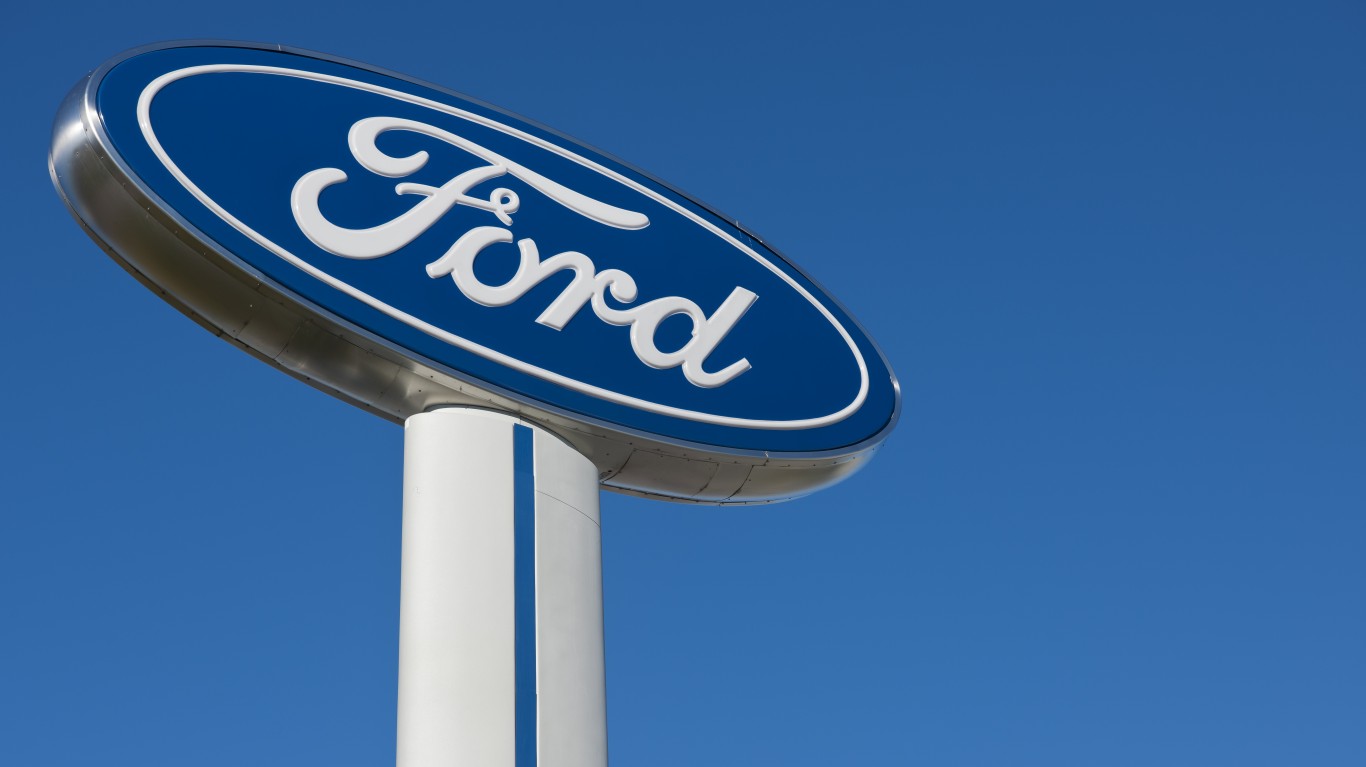
General Motors Co. (NYSE: GM) decided in 2015 to stop selling its Chevrolet branded vehicles in Europe, and that cost the company more than 100,000 units in sales compared with 2014. In 2015, sales dropped from 36,000 units to 3,200 units, before dropping in 2016 to 2,300 units. The company also pulled out of Russia in 2015 and took a charge of $600 million when it closed its plant in St. Petersburg.
That left GM with its Germany-based Opel Group, which also manufactures Vauxhall-branded vehicles. Market share for the Opel/Vauxhall brands has dropped from 6.9% in 2014 to 6.3% in 2015 to 6.2% last year. After dropping 4.3% year over year in 2014, unit sales rose 2.5% in 2015 and 5.4% in 2016. Opel Group sold 979,427 units to European Union buyers in last year, according to the European Automobile Manufacturers Association.
The company’s goals had changed. No longer was GM shooting for volume, but profits, and CEO Mary Barra, who assumed the top job at GM in 2014, has been unable to effect that switch in Europe. That’s what’s behind Tuesday’s revelation of talks with PSA Group, makers of Peugeot, Citroen and DS, to sell GM’s Opel unit to the French company.
Peugeot is Europe’s third leading carmaker, with a market share of 9.9% last year, well behind EU leader Volkswagen (23.9%) but within shouting distance of second-ranked Renault Group (10.2%). If Peugeot can maintain Opel’s market share of around 6%, it would become the second largest car maker in Europe.
Investors appear to be upbeat on the reports. GM stock was up more than 5% Tuesday morning, at $37.39 in a 52-week range of $27.34 to $38.38. The consensus 12-month price target on the stock is $39.09.
Take Charge of Your Retirement In Just A Few Minutes (Sponsor)
Retirement planning doesn’t have to feel overwhelming. The key is finding expert guidance—and SmartAsset’s simple quiz makes it easier than ever for you to connect with a vetted financial advisor.
Here’s how it works:
- Answer a Few Simple Questions. Tell us a bit about your goals and preferences—it only takes a few minutes!
- Get Matched with Vetted Advisors Our smart tool matches you with up to three pre-screened, vetted advisors who serve your area and are held to a fiduciary standard to act in your best interests. Click here to begin
- Choose Your Fit Review their profiles, schedule an introductory call (or meet in person), and select the advisor who feel is right for you.
Why wait? Start building the retirement you’ve always dreamed of. Click here to get started today!
Thank you for reading! Have some feedback for us?
Contact the 24/7 Wall St. editorial team.




